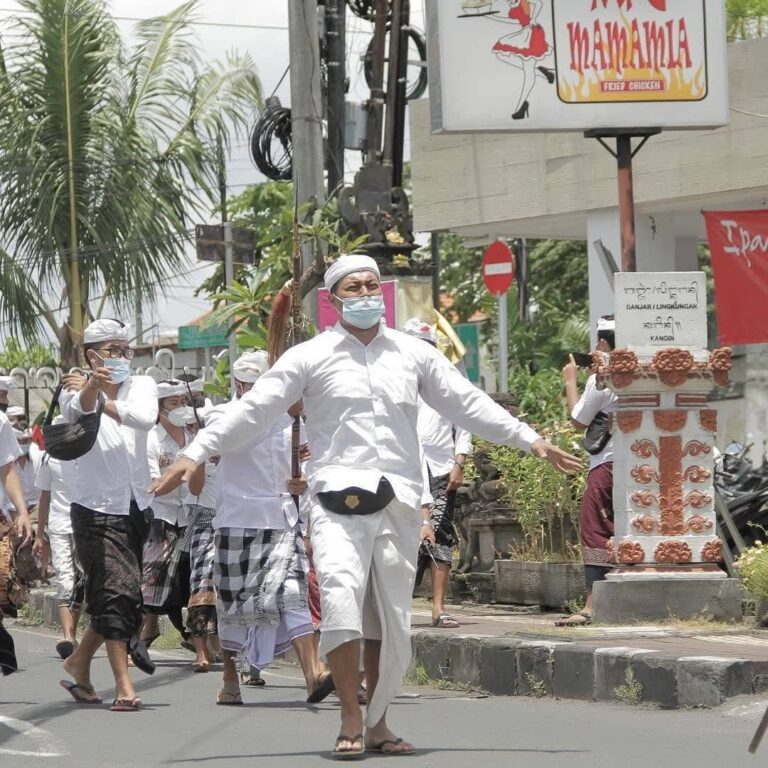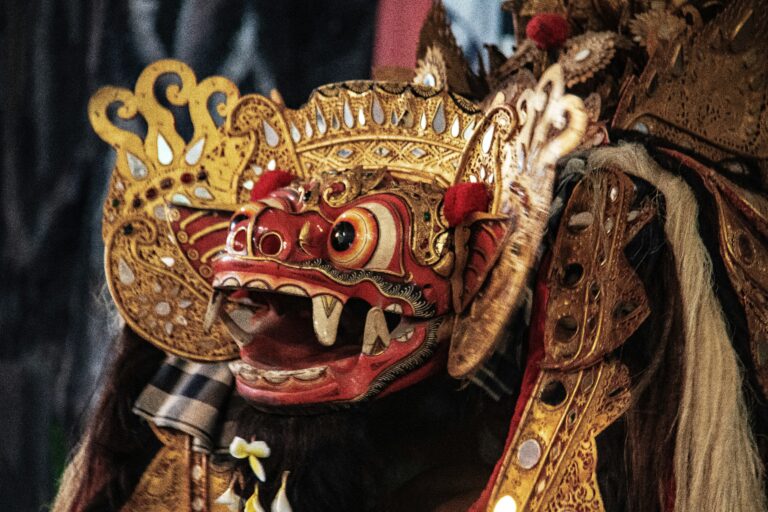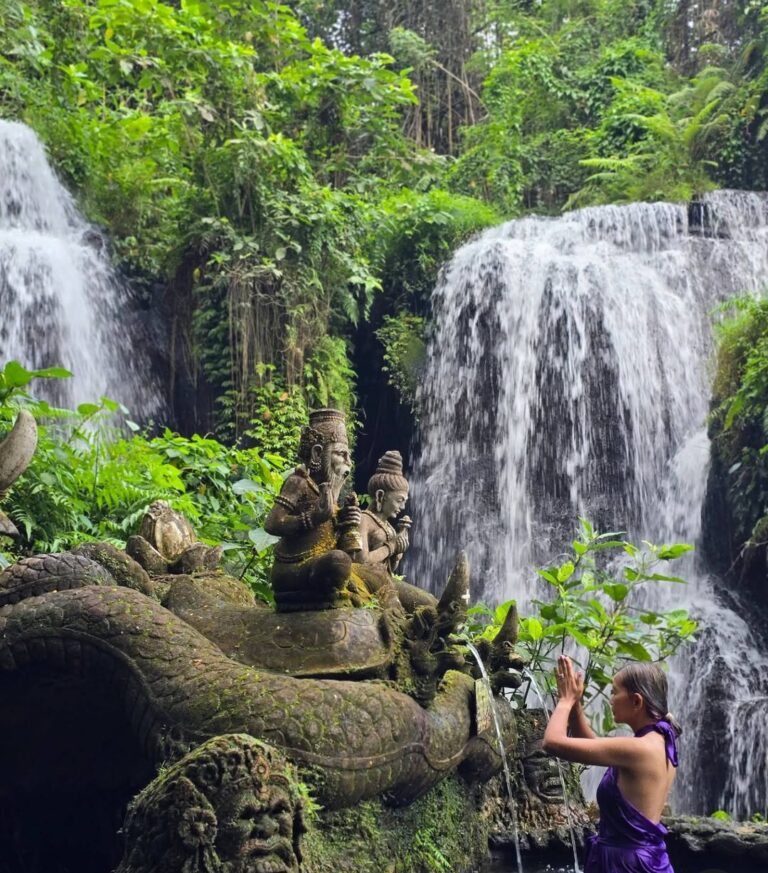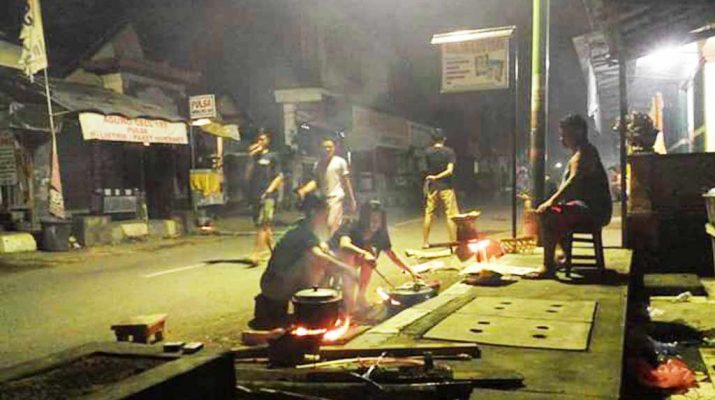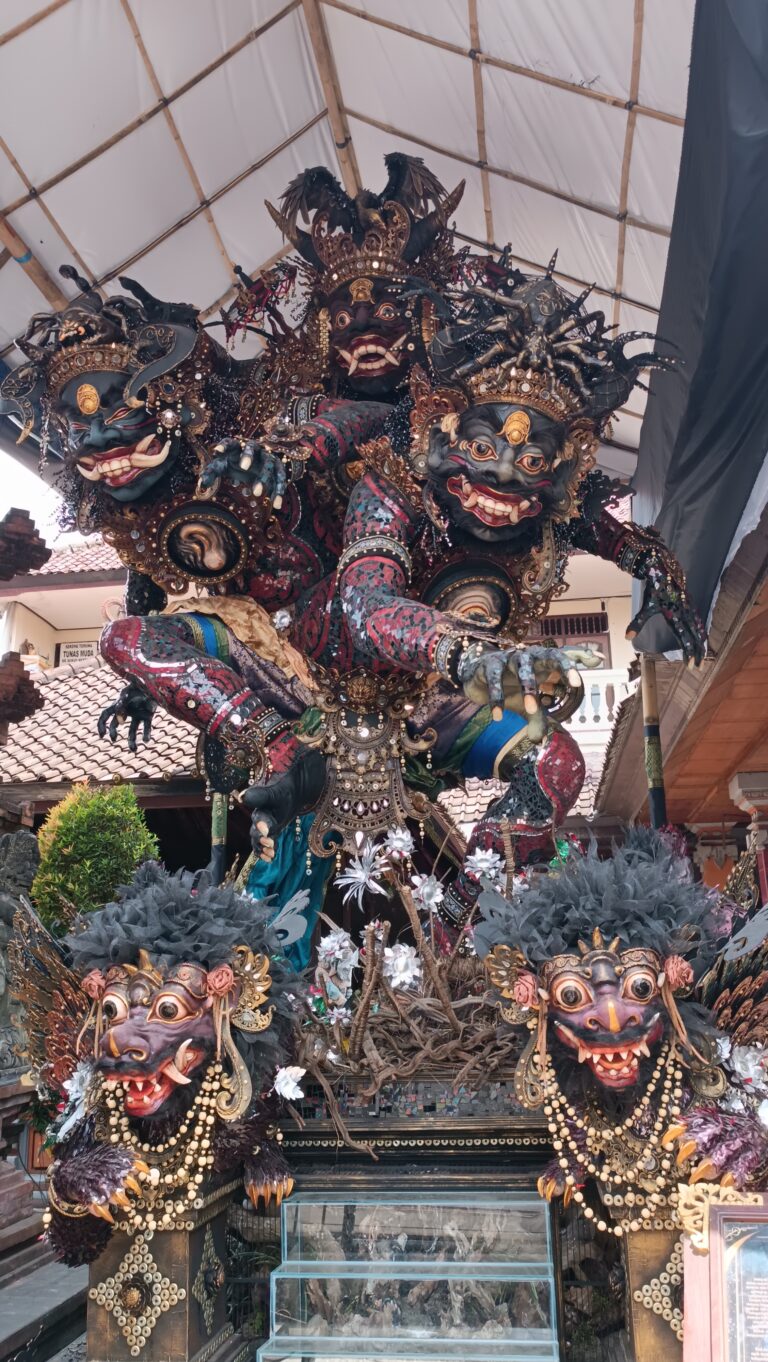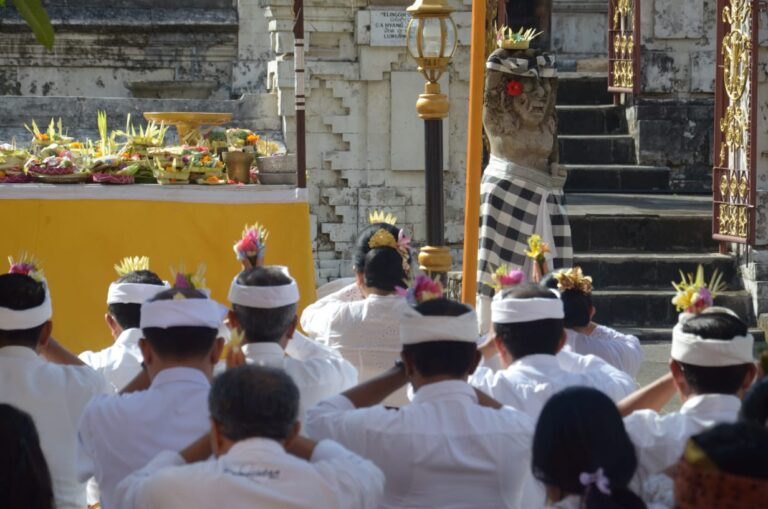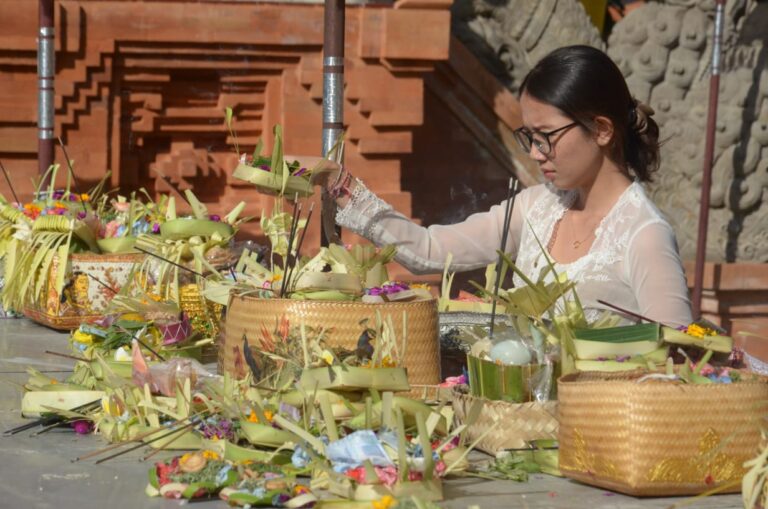
Brahma Vihara Arama, Bali’s Hidden Buddhist Sanctuary
Nestled in the lush hills of Banjar Tegeha Village in Buleleng, Brahma Vihara Arama—often called Banjar Buddhist Temple—is not only a sacred place of worship and meditation but also a captivating spiritual destination for travelers. As the largest Buddhist monastery in Bali, its elevated location offers breathtaking views of North Bali’s natural beauty, making it…

